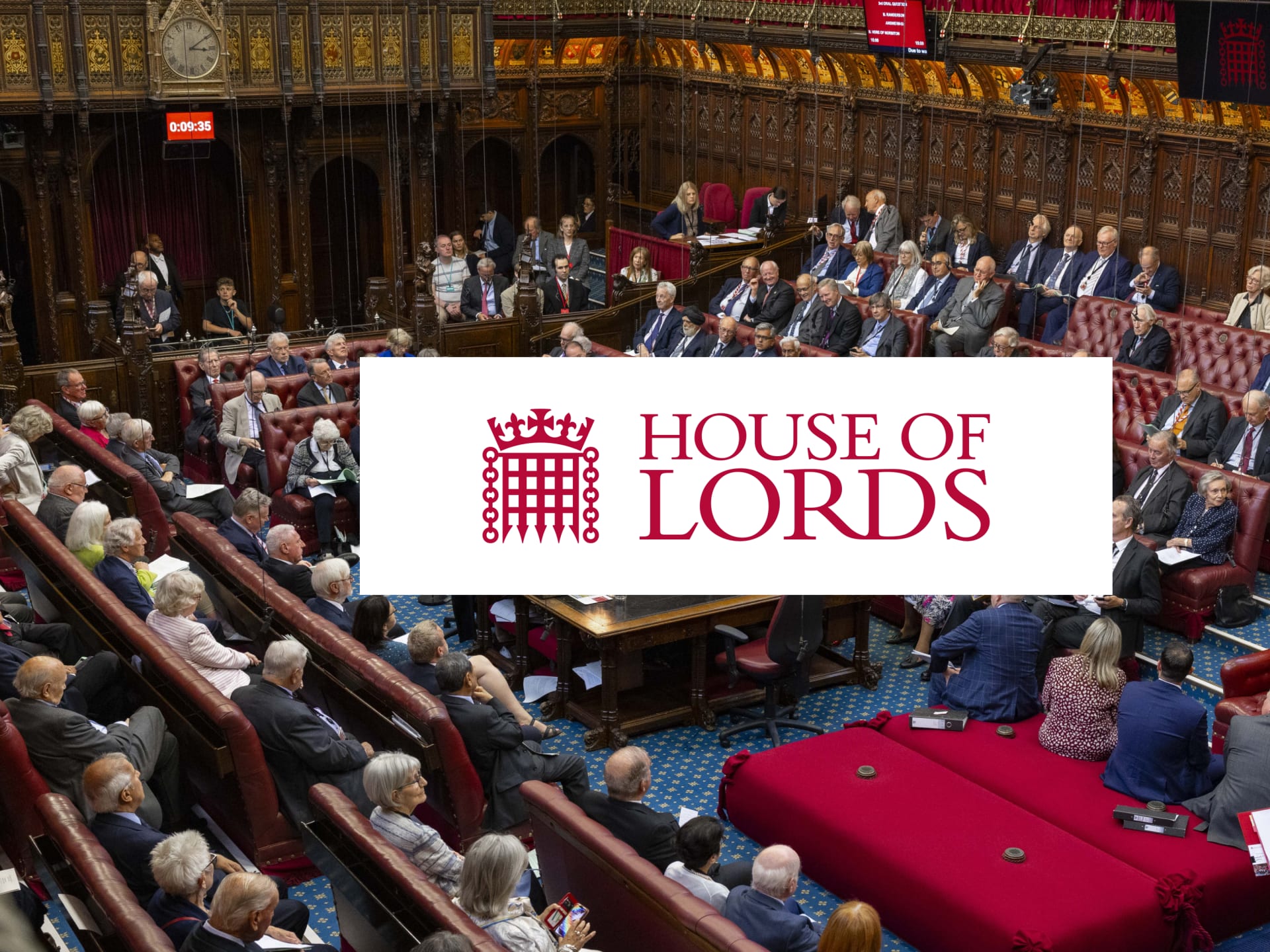Financial Times: SRA Approves First AI Law Firm Offering Legal Services from £2
The Financial Times examines how English and Welsh regulators approved an AI-based law firm offering legal services from £2, exploring the implications for access to justice, professional services disruption, and the £6-20bn in uncollected debts, with SRA chief executive calling it a "landmark moment" for the legal sector.

London, 5 May 2025 – The Financial Times has published an analysis of the Solicitors Regulation Authority's approval of an AI-based law firm offering legal services from £2, examining the development within the broader context of AI disruption across professional services. The SRA regulates solicitors in England and Wales. The article explores how the technology could address billions in uncollected debts while raising interesting questions about the future of traditional legal service delivery.
AI Law Firm Pricing Model Examined by Financial Times
The Financial Times reports that English and Welsh regulators have approved "a new law firm that uses artificial intelligence instead of lawyers to offer services for as little as £2, as the technology continues to disrupt industries from finance to accounting." This historic SRA approval marked a landmark moment for legal AI in the UK.
The article positions this development within the broader trend of AI transformation across professional services, a pattern the FT has been tracking across multiple sectors including finance and accounting.
Low-Cost Legal Services Through AI Technology
The Financial Times describes how the platform's "AI assistant guides claimants through the small claims court process, including creating 'polite chaser' letters for £2 and filing documents such as claim forms for £50."
The article examines how this pricing structure differs significantly from traditional legal fees, potentially making certain legal services more accessible to individuals and small businesses who previously found legal representation economically prohibitive.
Interdisciplinary Founding Team Background
The Financial Times notes the platform was founded "by a former London litigator and a quantum physicist," describing founder Philip Young's background at "top City of London litigation boutique Cooke, Young & Keidan" and co-founder Daniel Long's quantum physics expertise.
The article suggests this combination of legal practice experience and technical capability may have been necessary to navigate both the regulatory approval process and the technical challenges of building AI legal services.
Addressing £6bn to £20bn in Uncollected Debts
The Financial Times reports that founder Philip Young estimates the service could help address "£6bn to £20bn in unpaid debts that go uncollected annually, due to the costly and time-intensive nature of pursuing them in court."
The article examines the economic reality that many legitimate debts go uncollected because the cost of legal action exceeds the debt value, particularly for small businesses and individuals owed smaller sums. Learn more about recovering small debts through the court system.
Access to Justice and Court System Implications
The FT quotes Philip Young stating the tool could "increase access to justice, as well as demonstrate how AI can be used to help clear court backlogs," adding: "I believe this is a world first, not only in being a pure AI law firm, but as a tool that can take a case through the court system from beginning to end."
The article explores how AI legal services might affect both access to justice for individuals and efficiency within the court system.
SRA Chief Executive on Regulatory Approval
The Financial Times quotes Paul Philip, the SRA's chief executive, calling the approval "a landmark moment for legal services in this country," adding: "With so many people and small businesses struggling to access legal services, we cannot afford to pull up the drawbridge on innovations that could have big public benefits."
The article examines the regulatory approach, noting that rather than restricting AI legal services, the SRA has chosen to approve them subject to meeting regulatory standards and oversight requirements.
Judicial Perspective on AI Legal Technology
The FT reports the platform has also received interest from England's judiciary," citing Lord Justice Colin Birss's November statement that "this kind of technology was 'at the core' of what the UK could do for access to justice."
The article notes this judicial interest in AI legal technology, connecting it to ongoing concerns about court backlogs and access to affordable legal representation.
Quality Control and Professional Oversight
The Financial Times describes quality control measures: "All of the model's output will initially be reviewed by Young, before moving to a sampling system to check for accuracy and quality."
The article explores how the platform combines AI automation with human professional oversight to address concerns about accuracy and reliability.
AI Disruption Across Professional Services
The Financial Times examines the development within the broader context of AI transformation across professional services, noting that "AI models are increasingly encroaching on legally sensitive tasks in high-paying sectors such as law and finance, potentially undercutting fees in high-volume work."
The article draws a parallel with recent finance sector developments, noting that "The Financial Times reported last week that Rogo, a chatbot replicating an investment banker, had raised $50mn from a group of investors, pushing its valuation to $350mn."
Traditional Law Firms and AI Adoption Challenges
The Financial Times reports that law firms globally "are wrestling with how to use AI to improve efficiencies in their businesses without cannibalising their own revenues."
The article notes: "While a number of firms have introduced tools for staff to use to speed up high-volume work, progress has been slow due to the high stakes involved in client data protection and the necessary accuracy of legal advice."
The FT highlights A&O Shearman's strategy of "developing AI tools that it can sell to clients and other law firms," with its latest programme "focused on time-intensive, low-billing tasks in areas including antitrust and fund formation."
Different Business Models for AI Legal Services
The article contrasts different approaches to AI in legal services:
- Traditional firms using AI as productivity tools for lawyers within hourly billing models
- New platforms using AI as the primary service delivery mechanism with fixed pricing
The FT explores how these different models reflect different economic incentives and objectives within the legal services market.
Read the Full Article
The complete Financial Times article is available at ft.com (subscription required).
About Garfield AI Garfield AI is an SRA-approved law firm using artificial intelligence to provide legal services for small claims debt recovery. Founded by litigation lawyer Philip Young and quantum physicist Daniel Long, the platform offers services from £2 for debt recovery letters to £50 for claim form filing. The service received regulatory approval from the Solicitors Regulation Authority in March 2025. Visit garfield.law to learn more.
About the Author

Hugo Rawling
Legal Engineer
In other news


